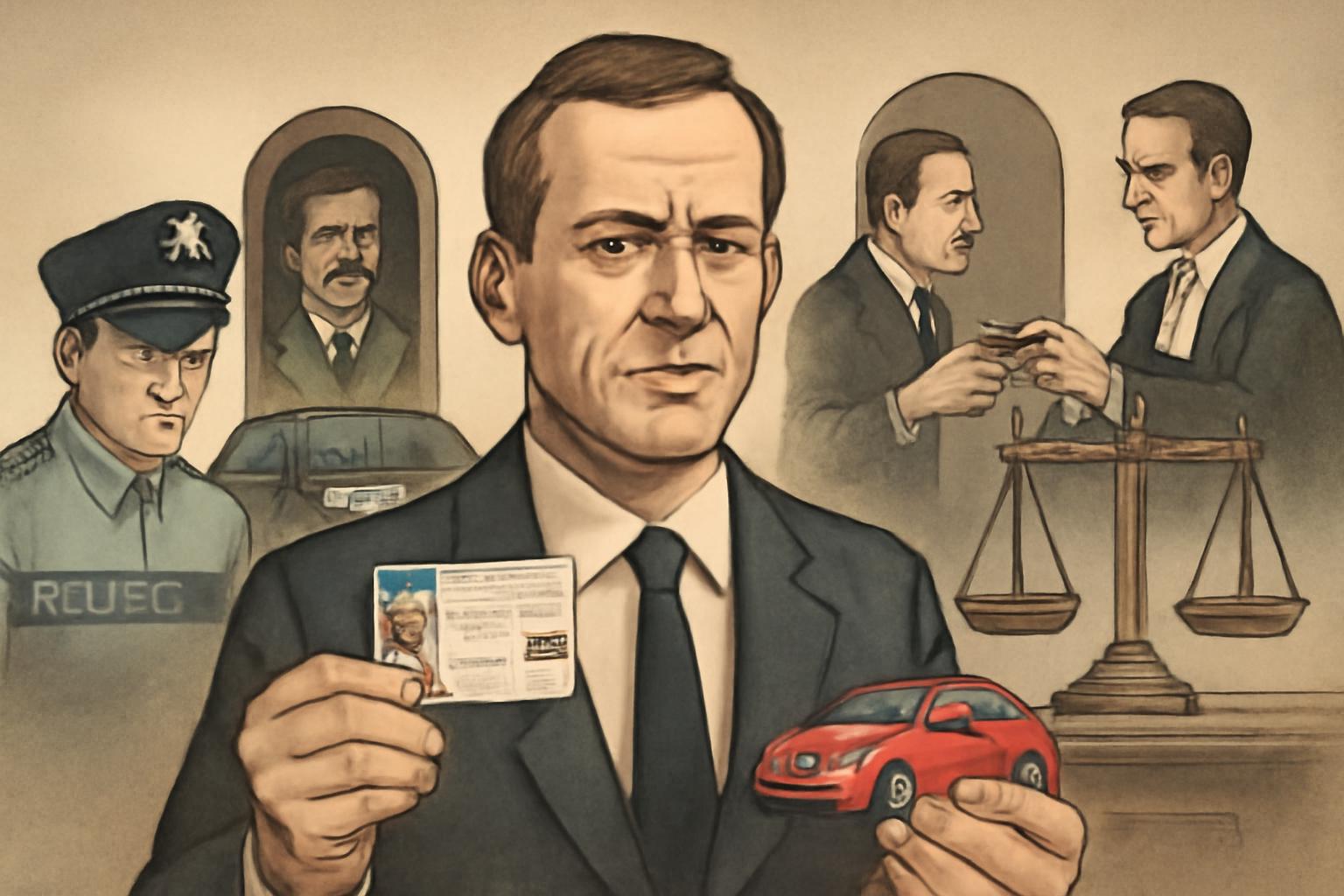Fraud around Germany’s driving license exams has surged. In the first half of 2025, 2,193 cheating cases were detected, and for all of 2024 the total approached 4,200—roughly 12% higher than 2023 and almost 50% higher since 2020. The cheating runs the gamut from cameras and earpieces to stand‑in testers, escalating into more sophisticated schemes run by organized groups that include identity theft and document forgery. More than half of the attempts stem from technical means and outside help, signaling substantial premeditation. Berlin faces at least one incident on a daily basis, and the official counts likely understate the true extent. Officials warn that buying success without real driving knowledge endangers other road users, and they note that many offenses aren’t prosecuted as crimes or regulatory breaches.
On the cost front, licensing remains a prestige-crippling expense, sparking calls from state transport ministers for countermeasures. A marquee case is playing out in Kassel: two men alleged to helmed a large-scale ring. An ex‑employee of the local driver's-licence office is accused of selling licenses to at least 112 people who had not taken the exam; the 26-year-old faces charges of particularly serious bribery and falsification in office in those cases and is said to have expanded the distribution network. A second suspect, aged 35, faces similar but separate charges of particularly serious bribery in 47 cases and instigation of falsification in 44 cases, and is alleged to have actively run part of the network.
If you suppose the world is governed by integrity and common sense, this is the moment that gently shatters that illusion. The spectacle is scarcely surprising: a system that promises legitimacy with a flourish, while quietly abetting shortcuts for the ambitious and the unscrupulous. The numbers read like a protracted confession from a culture that mistakes speed for virtue and ease for legitimacy. When a driver’s license can be bought or bribed into existence, the very currency of merit evaporates, leaving behind a wasteland where competence is outsourced to the clever, not the capable.
And yet the Kassel proceedings add a more intimate sting: a public servant—the gatekeeper of credentials—is alleged to have monetize not just paperwork, but trust itself. The recruitment of a distribution network, the spread of falsified documents, the transformation of regulatory duty into a private enterprise—these are not mere anomalies; they are a cynical indictment of systems that prize results over rigor. If licenses are to mean anything, they must signify real mastery, tested under hands-on scrutiny, not a clever dodge that a well-placed contact can reproduce.
One wonders what would become of a road system governed by such bargains. If the price of permission to drive climbs, while the veracity of that permission declines, then safety itself becomes a luxury good—one that only the very lucky, or the very well-connected, can afford. The remedy is obvious, even to those who rarely pass a day outside their own gilded circle: raise the bar with relentless verification, enforce the consequences with uncompromising seriousness, and restore the idea that a license is earned through demonstrated competence, not purchased through eagerness or bribery. Until that moral reordering occurs, the road will remain a stage for this costly theater of shortcuts, and the rest of society will pay the price in unpredictable risk and diminished trust.
